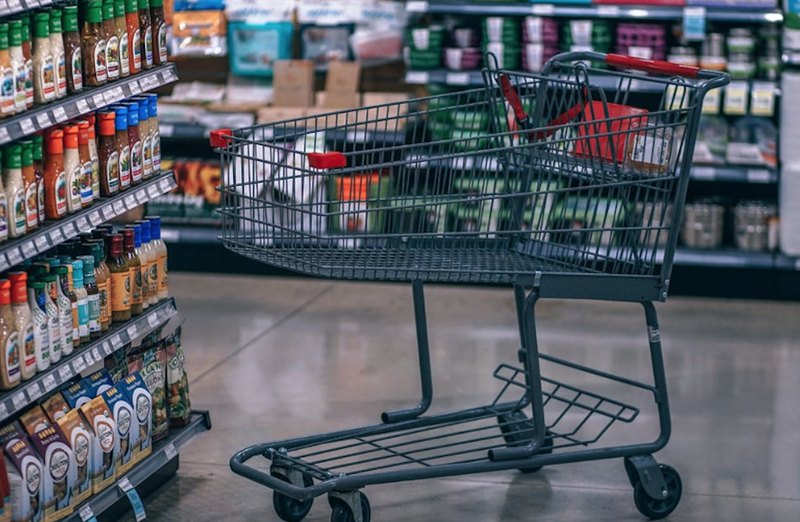Yay or nay to eating food past its best before date?
Updated | By Wendy Knowler
The idea that shelf-stable food such as biscuits, canned goods, cereals, maize meal, sauces and pasta goes from being perfectly okay up to the 'best before' date on the pack to 'rotten,' 'off', 'toxic' or 'unsafe' is as ridiculous as it is widespread.

Listen to the podcast or read the details below:
It’s one of the main reasons that a third of all food produced around the world gets wasted.
The reality is that Best Before dates on shelf-stable food are all about 'quality' of food - nothing to do with safety. Food does not become unfit for consumption after the best before date. It very slowly loses some of its flavour or its crunch, but it remains perfectly safe to eat, and it's nutritious - So it belongs in hungry tummies and not in a landfill.
Especially not in a country like South Africa where about 22% of households have inadequate or severely inadequate access to food, and more than 20% of children are physically and intellectually stunted due to malnutrition.
The widespread selling of heavily discounted shelf-stable food just past its best-before dates could make a massive contribution towards stemming both food insecurity and food waste.
I found out recently that KwaZulu-Natal has a shop which sells food past its best before dates at heavily discounted prices. As it should be.
The issue isn’t that selling food past its best before dates is illegal. It’s not. It’s illegal to remove or alter the date marks on such food, but not illegal to sell it. The point is it should be discounted to account for the fact that technically, and I stress technically, it’s past its prime.
It is illegal to sell perishable food beyond its Use By Date, as that is most definitely a food safety issue. That’s why Use By is far more explicit than 'best before'.
The shop is the Best Before Food Store in Umhlali and some of the stock on sale is half the normal price.
But here’s the thing - owner Alan Tyack says mostly well-off people are beating a path to his door to snap up the bargains, and he’s planning to roll out five more stores in KZN.
Meanwhile, the poorest people in the local community, who need cheap food the most, can’t bring themselves to buy it, Alan said. They fear it. Misconceptions about the food being rotten run very deep.
Alan told me he opened in Eshowe which despite his best efforts, was a dismal failure for that reason. The community refused to support it, so he closed it about six months ago.
Dave Bester, the owner of eight Foodies stores in the Western Cape, which every month sells about 31,000 so-called expired or short-dated products - that’s food about to reach its best-before dates. He told me that non-acceptance of any form of “expired” food in black communities is a huge issue. “It’s a very difficult thing for them to get their heads around," - and I get that.
“What we are doing is not only completely legal but enabling consumers to buy safe, healthy food at a fraction of the cost they can buy it elsewhere, food that would otherwise be dumped,” he said.
I think it’s fantastic that we in KZN have the opportunity to buy into this win-win global food movement. I hope that the Best Before Food Store is such a hit that competitor stores spring up all over, also selling such food, at heavily discounted prices in clean, organised premises. And without being harassed by misinformed health authorities in the belief that what they’re doing is illegal or a health threat. It isn’t. It’s time.
ALSO: Have you, Sold your house for a bomb?
To contact Wendy, go to her Facebook page and click on the send email tab.
In case you missed any of the past Consumerwatch shows, find them below:

Show's Stories
-
R20,000 Cognac order: The wildest food deliveries
From a whole lot of fried chicken to expensive cognac, here are some of ...
Stacey & J Sbu 1 day, 17 hours ago -
Update: Rocky the seal is one strong pup!
Do you remember the adorable seal who washed up on Rocky Bay Beach last ...
Stacey & J Sbu 1 day, 17 hours ago